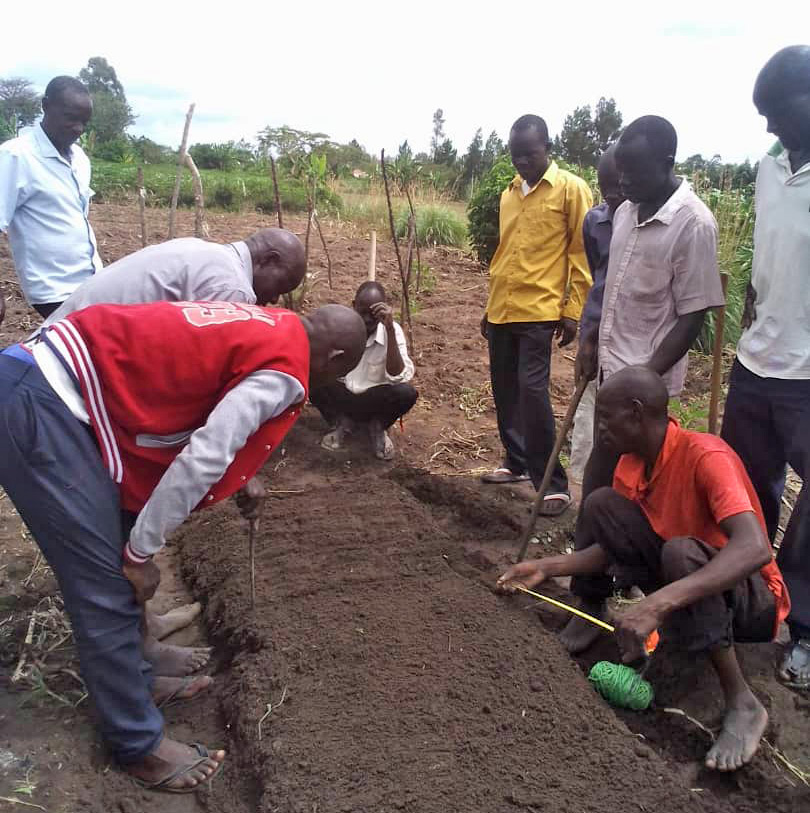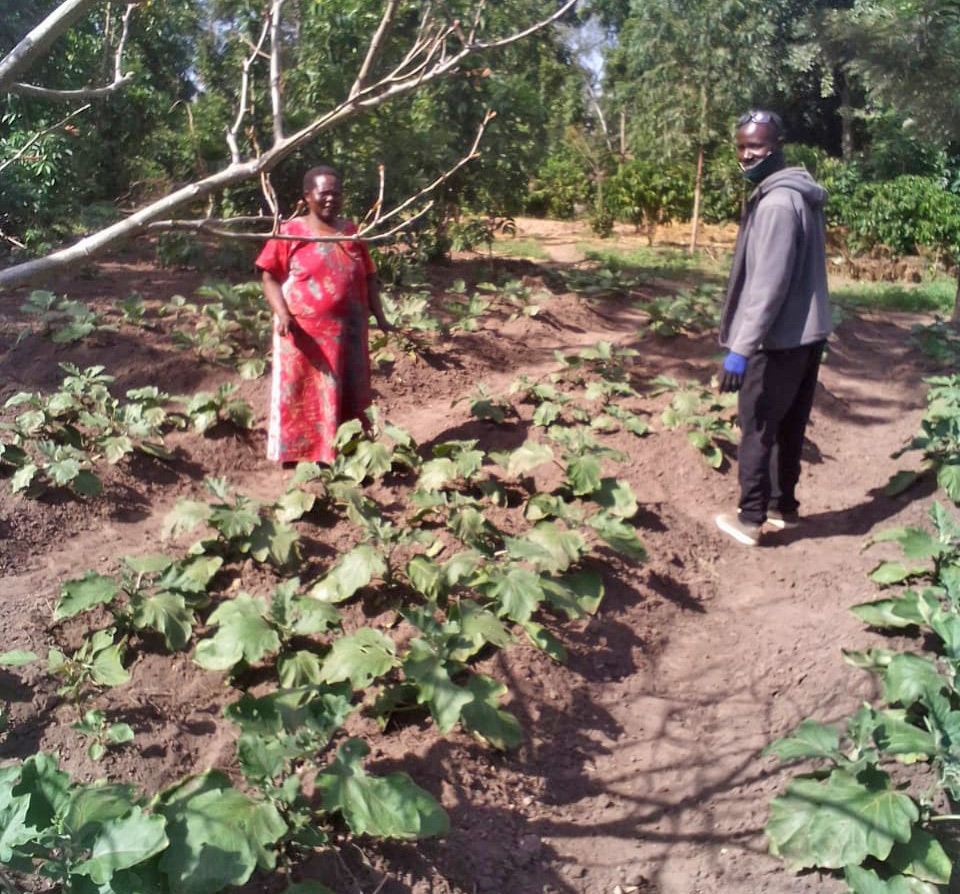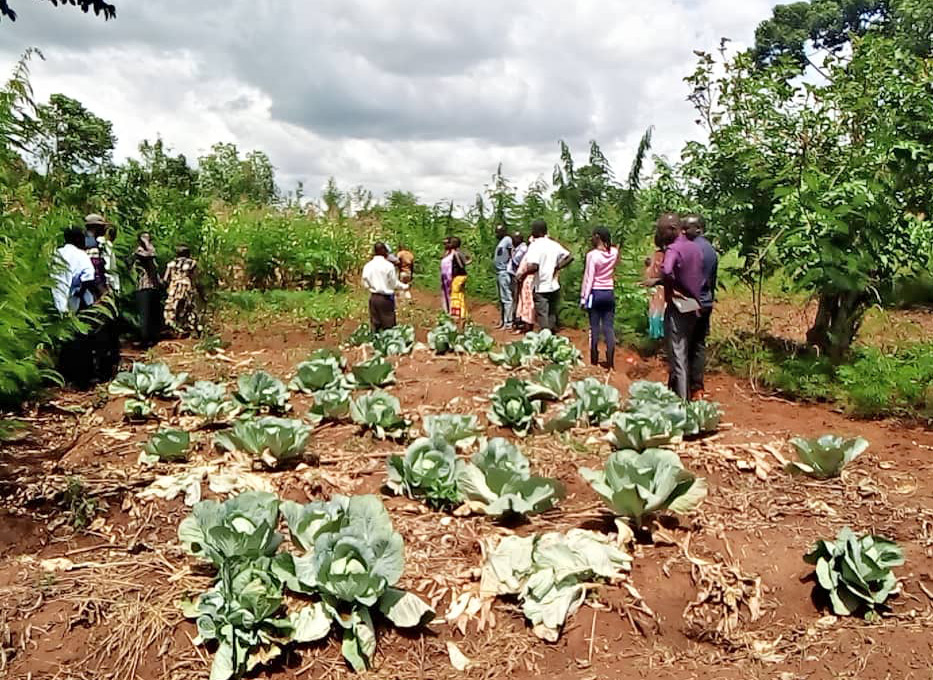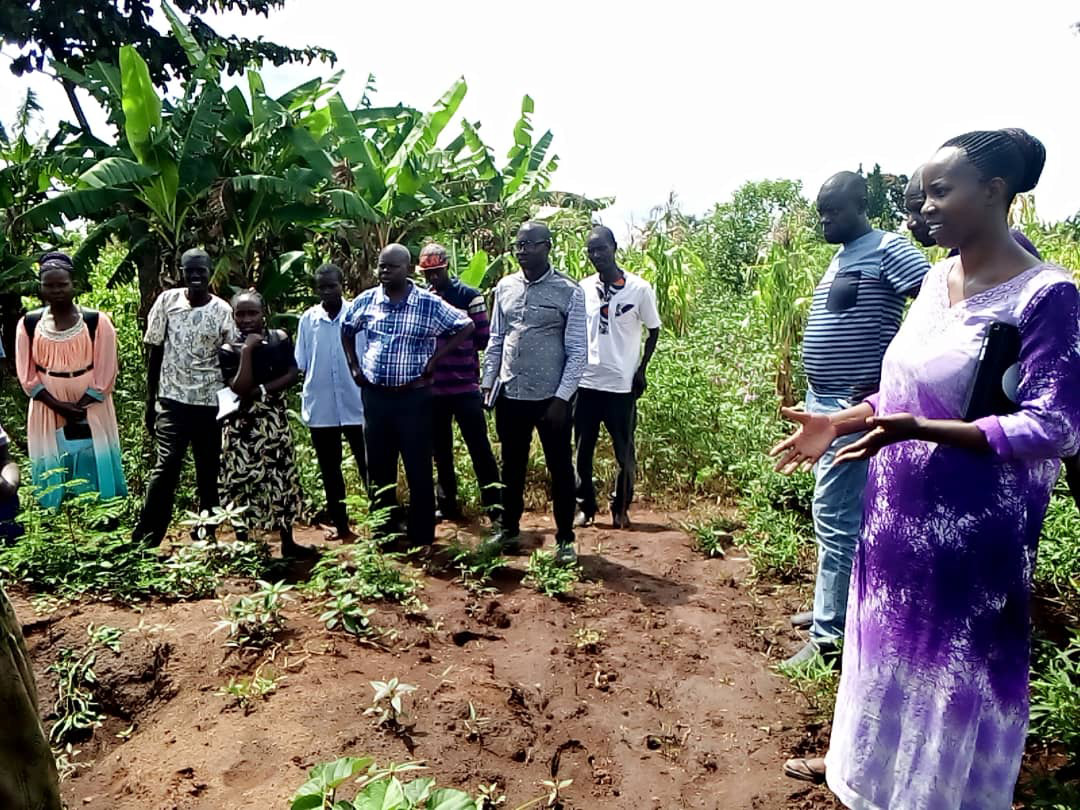Economic Development
Land and Environmental Rights Watch Africa is mandated to intervene in the above-cited contextual challenges, through the following programmatic objectives:
Uganda has made enormous progress in reducing poverty, slashing the countrywide incidence from 56 per cent of the population in 1992 to 24.5 per cent in 2009. The reduction of poverty in urban areas has been especially marked.
Notwithstanding these gains, however, the absolute number of poor people has increased due to population growth. And poverty remains firmly entrenched in rural areas, which are home to 87 per cent of Ugandans. About 30 per cent of all rural people – some 10 million men, women and children – still live below the national rural poverty line.
Uganda’s poorest people include hundreds of thousands of subsistence farmers living in remote areas scattered throughout the country. In remote rural areas, smallholder farmers do not have access to the vehicles and roads they need to transport their produce, and market linkages are weak or nonexistent. These farmers lack inputs and technology to help them increase their production and reduce pests and disease. They also lack access to financial services, which would enable them to boost their incomes – both by improving and expanding their production, and by establishing small enterprises.
The Government of Uganda looks to the agricultural sector to drive growth and contribute to further reducing rural poverty. Accounting for 24 per cent of gross domestic product, the sector has potential for vibrant and diversified growth. But agricultural development in Uganda faces several challenges, foremost among them infrastructure and access to markets. Because the country is landlocked, international and regional exports and imports involve long overland hauls through neighbouring countries to and from distant seaports, while poor internal road linkages hinder domestic marketing.
To achieve improved livelihoods through poverty reduction within the communities we serve, the organization established Aturukuku LERWA Farmers’ Savings and Credit Cooperative organization for its farmers. The SACCO supports improvement of agricultural technologies and market linkages to help farmers move from subsistence to market-oriented production in order to increase their incomes and improve their living standards and levels of food security. It also provides small scale loans to farmers.




